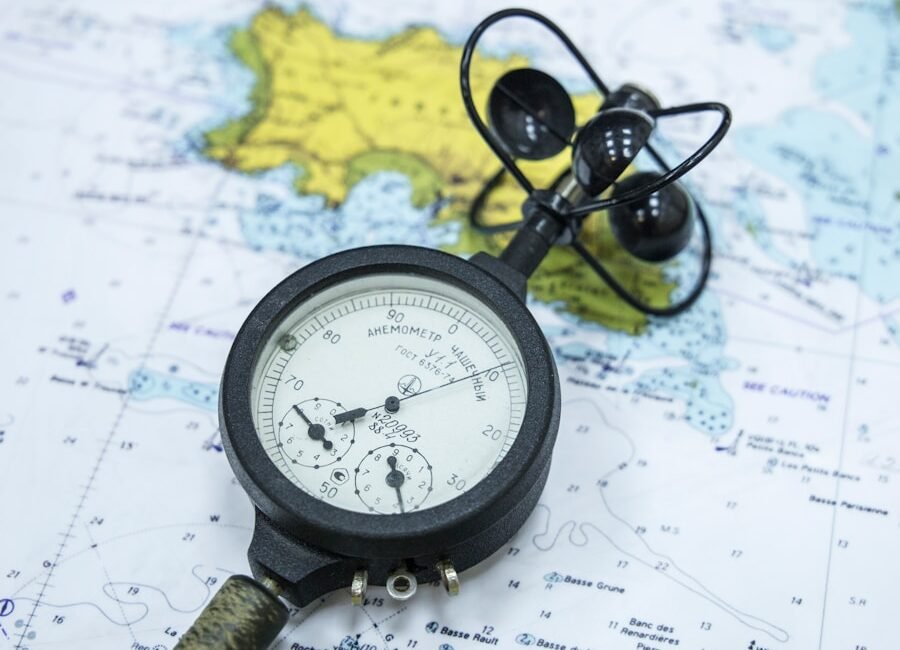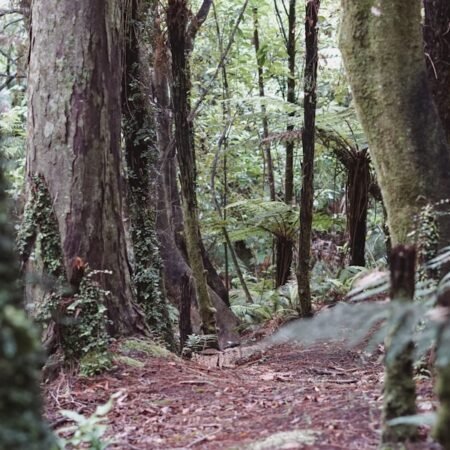Camping offers a diverse range of activities that can be enjoyed in the great outdoors. These activities include hiking, fishing, stargazing, and campfire cooking, among others. One activity that combines physical challenge with educational value is orienteering.
This sport involves navigating through unfamiliar terrain using a map and compass, promoting the development of map reading and navigation skills. By incorporating orienteering into camping trips, participants can explore the natural environment in a unique and engaging way, while acquiring valuable outdoor skills that can be applied in various situations.
Key Takeaways
- Orienteering adds an educational twist to camping by teaching navigation skills and map reading in a hands-on outdoor setting.
- Incorporating orienteering into camping trips can enhance the overall experience by providing a fun and educational activity for campers.
- Orienteering fosters outdoor confidence and independence by allowing campers to explore nature and develop their map reading skills.
- The benefits of orienteering in outdoor education include promoting physical activity, problem-solving, and teamwork among campers.
- Orienteering is a great way to teach navigation skills and provide a hands-on learning experience in the great outdoors.
The Benefits of Orienteering in Outdoor Education
Physical Activity and Environmental Awareness
Firstly, it promotes physical activity and encourages participants to explore their surroundings. By navigating through forests, fields, and other natural landscapes, campers can develop a deeper appreciation for the environment and gain a better understanding of the natural world.
Practical Skills Development
Additionally, orienteering helps to improve map reading and navigation skills, which are essential for outdoor activities such as hiking and backpacking.
Holistic Learning Experience
It also fosters problem-solving and critical thinking abilities, as participants must use their wits to find their way through the terrain. Overall, orienteering provides a holistic learning experience that combines physical exercise, environmental awareness, and practical skills development.
Incorporating Orienteering into Camping Trips
Camping trips provide the perfect opportunity to incorporate orienteering into outdoor education. Whether it’s a weekend getaway or a longer expedition, campers can benefit from the unique learning experience that orienteering offers. By setting up orienteering courses in the campsite or nearby areas, participants can engage in a fun and challenging activity that enhances their camping experience.
Orienteering can be tailored to suit different age groups and skill levels, making it suitable for families, school groups, and outdoor enthusiasts alike. With the right planning and preparation, camping trips can be enriched with the addition of orienteering activities that promote learning, teamwork, and outdoor exploration.
Teaching Navigation Skills through Orienteering
| Benefits of Orienteering | Educational Value |
|---|---|
| Improves navigation skills | Teaches map reading and compass use |
| Enhances problem-solving abilities | Introduces environmental awareness |
| Promotes physical activity | Encourages teamwork and communication |
One of the key aspects of orienteering is teaching navigation skills. Participants learn how to use a map and compass to find their way through unfamiliar terrain, which is a valuable skill for any outdoor enthusiast. By practicing map reading and navigation techniques, campers can become more confident in their ability to navigate the wilderness and find their way back to camp or other points of interest.
Orienteering also teaches participants how to interpret topographic features, understand scale and distance on a map, and make informed decisions about route choices. These skills are not only useful for orienteering events, but also for other outdoor activities such as hiking, backpacking, and mountaineering.
Orienteering as a Fun and Educational Activity for Campers
Orienteering is not only educational, but also a fun and engaging activity for campers of all ages. It provides a sense of adventure and excitement as participants navigate through diverse landscapes and search for control points. The competitive aspect of orienteering can also add an element of thrill and motivation for participants to push themselves and improve their skills.
Moreover, orienteering can be adapted to suit different interests and abilities, whether it’s a leisurely family activity or a challenging race for experienced navigators. By combining physical exercise with mental stimulation, orienteering offers a well-rounded experience that promotes learning, teamwork, and personal growth.
Exploring Nature and Developing Map Reading Skills
Immersive Exploration
Orienteering allows campers to explore nature in a unique and immersive way. As they navigate through forests, fields, and other natural environments, they can observe the flora and fauna around them, appreciate the beauty of the landscape, and gain a deeper understanding of the natural world. This hands-on experience fosters a sense of connection with nature and encourages environmental stewardship.
Developing Map Reading Skills
Additionally, orienteering helps participants develop their map reading skills by using topographic maps to navigate through the terrain. This practical application of map reading not only enhances their understanding of geography and cartography but also improves their spatial awareness and cognitive abilities.
Cognitive Benefits
By participating in orienteering, campers can develop essential skills that benefit them beyond the outdoor adventure. The activity improves their problem-solving abilities, critical thinking, and decision-making skills, all of which are valuable in everyday life.
Orienteering: A Hands-On Learning Experience in the Great Outdoors
Orienteering provides a hands-on learning experience that is unparalleled in traditional classroom settings. By engaging in practical navigation exercises in the great outdoors, participants can apply their knowledge in real-world situations and gain valuable insights into the natural environment. They can learn how to adapt to changing conditions, make quick decisions, and work effectively as part of a team.
Orienteering also promotes self-reliance and independence as participants take on the challenge of navigating through unfamiliar terrain on their own or in small groups. This experiential learning approach fosters personal growth and resilience while instilling a sense of confidence in outdoor settings.
The Role of Orienteering in Fostering Outdoor Confidence and Independence
Orienteering plays a crucial role in fostering outdoor confidence and independence among campers. By mastering navigation skills and gaining experience in outdoor settings, participants can become more self-assured in their ability to explore nature and overcome challenges. This newfound confidence can have a positive impact on their overall well-being and encourage them to pursue more outdoor activities in the future.
Moreover, orienteering promotes independence by empowering participants to take charge of their own navigation and decision-making processes. As they learn to rely on their skills and instincts, they become more self-sufficient in outdoor environments, which is an essential quality for any outdoor enthusiast. In conclusion, orienteering adds an educational twist to camping by providing a unique learning experience that combines physical activity, environmental awareness, and practical skills development.
By incorporating orienteering into camping trips, participants can explore nature in a fun and engaging way while also improving their map reading and navigation skills. Orienteering offers numerous benefits for outdoor education, including promoting physical activity, fostering problem-solving abilities, and encouraging environmental stewardship. It also provides a hands-on learning experience that fosters outdoor confidence and independence among campers of all ages.
Overall, orienteering is an invaluable addition to camping trips that enhances the overall experience and promotes a deeper appreciation for the great outdoors.
FAQs
What is orienteering?
Orienteering is a recreational activity that involves using a map and compass to navigate through outdoor terrain and locate specific points or markers.
How does orienteering add an educational twist to camping?
Orienteering adds an educational element to camping by teaching participants important navigation skills, map reading, and understanding of the natural environment. It also promotes teamwork and problem-solving.
What are the benefits of orienteering for children?
Orienteering can help children develop their spatial awareness, problem-solving skills, and confidence in outdoor settings. It also encourages physical activity and a deeper appreciation for nature.
What equipment is needed for orienteering?
The main equipment needed for orienteering includes a map, compass, and appropriate outdoor clothing and footwear. Some participants may also use GPS devices or orienteering markers.
Is orienteering suitable for all ages and skill levels?
Yes, orienteering can be enjoyed by people of all ages and skill levels. Courses can be designed to accommodate beginners as well as more experienced orienteers.













